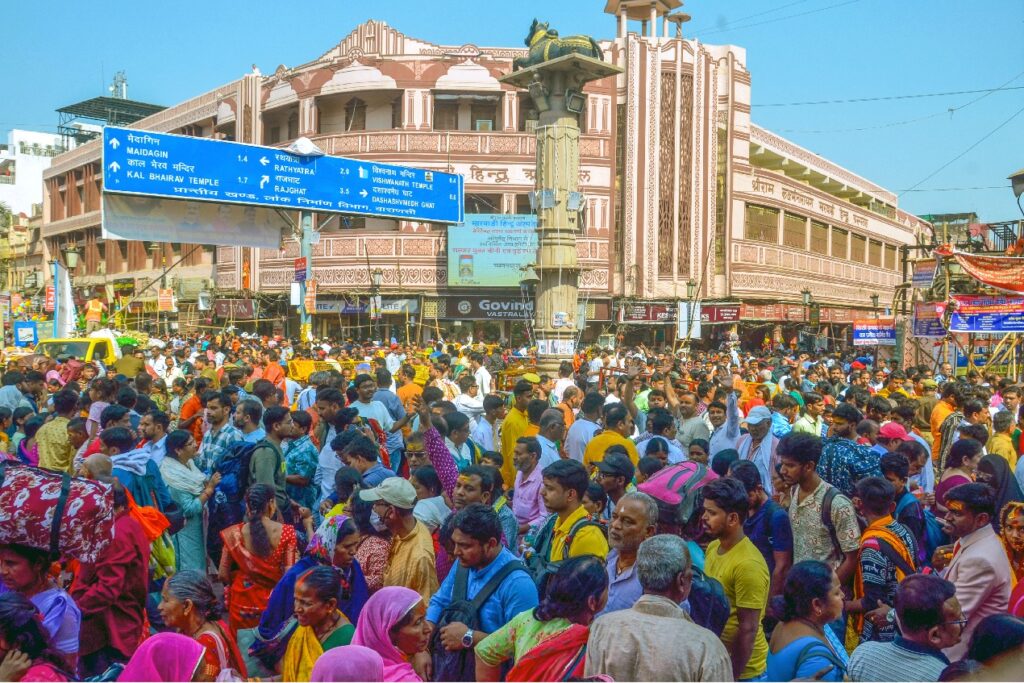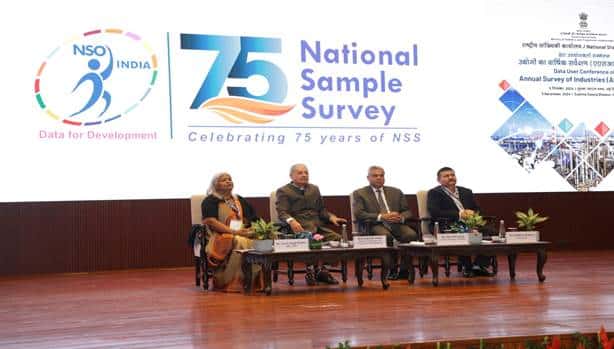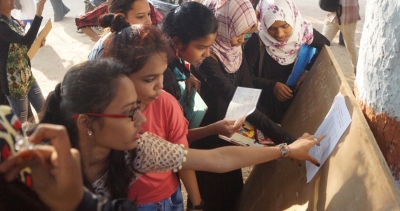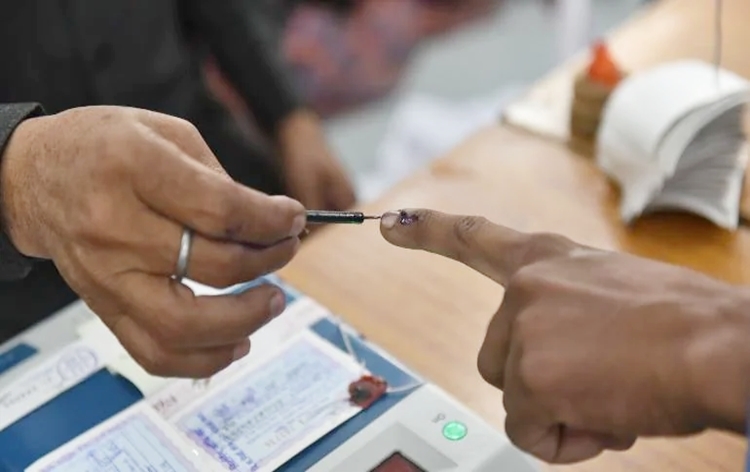Israeli troops fight Hamas in north Gaza, hospitals in firing line
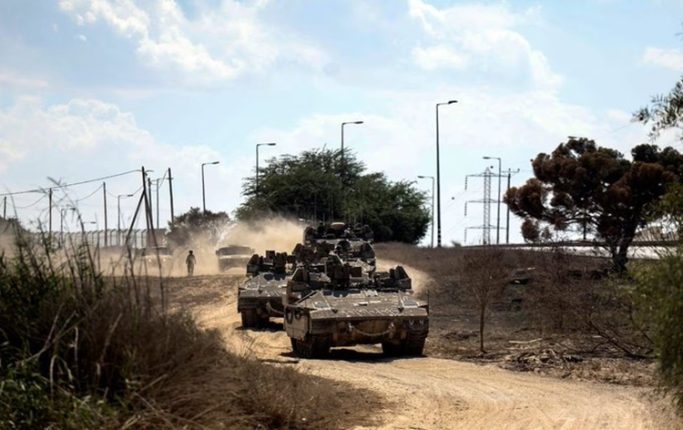
Israeli forces fought Hamas militants through shell-blasted buildings in the north of the Gaza Strip on Thursday and both sides claimed to have inflicted heavy losses on their foes as the battle over the Palestinian territory intensified.
The United Nations human rights chief called for a ceasefire and said both sides had committed war crimes in the month of fighting over the enclave.
In Paris, officials from about 80 countries and organisations were meeting to coordinate humanitarian aid to Gaza and find ways to help wounded civilians escape the siege.
Residents in Gaza City – a militant stronghold in the north of the Hamas-ruled territory – said Israeli tanks were stationed around the city. Israeli forces were moving closer to two hospitals where thousands of displaced Palestinians were seeking shelter, they said.
Israel unleashed its assault on Gaza in response to a cross-border Hamas raid on southern Israel on Oct. 7 in which gunmen killed 1,400 people, mostly civilians, and took about 240 hostages, according to Israeli tallies. It was the single worst day of bloodshed in Israel’s 75-year history.
Palestinian officials said 10,569 Gaza residents had been killed as of Wednesday, about 40% of them children, while a humanitarian crisis has gripped the enclave, with basic supplies running out and buildings demolished by unrelenting Israeli bombardments.
Israel, which has vowed to wipe out Hamas, says 33 of its soldiers have been killed in its ground operation.
The Israeli military said its troops had advanced into the heart of Gaza City. Hamas said its fighters had inflicted heavy losses in intense street battles.
Israeli troops had secured a Hamas military stronghold called Compound 17 in Jabalya in northern Gaza after 10 hours of combat with Hamas and Islamic Jihad militants above and below the ground, the Israeli military said on Wednesday.
It said the Israeli troops killed dozens of militants, seized numerous weapons and exposed tunnel shafts.
Israeli soldiers also discovered a Hamas weapons manufacturing and storage site in a residential building in the Sheikh Radwan neighbourhood in northern Gaza, it said.
Israeli military footage showed soldiers walking through rubble into a building where one wall had been blasted away.
Inside they found weapons-manufacturing equipment and instruction manuals. They also uncovered a tunnel shaft replete with a cooling system, and nearby, a little girl’s bedroom with pink walls, pink wardrobes and three little beds.
WAR CRIMES
The U.N. High Commissioner for Human Rights, Volker Turk, on Wednesday called for an immediate ceasefire – which Israel and its main ally the United States have consistently rejected as benefiting Hamas.
“The atrocities perpetrated by Palestinian armed groups on 7 October were heinous, they were war crimes – as is the continued holding of hostages,” Turk said at the Rafah crossing in Egypt on the border with Gaza.
“The collective punishment by Israel of Palestinian civilians is also a war crime, as is unlawful forcible evacuation of civilians,” he said.
A conference in Paris on Thursday, attended by Arab nations, Western powers, G20 members and NGO groups such as Doctors Without Borders will discuss measures to alleviate the suffering in Gaza, but without a pause in fighting expectations are low.
Among the options discussed will be setting up a maritime corridor, potentially to use sea lanes to ship humanitarian aid into Gaza or evacuate the wounded.
U.S. Secretary of State Antony Blinken, who has crossed the region on a diplomatic mission, on Wednesday outlined Washington’s expectations for Gaza when the conflict ends. He pushed back at Israeli comments that it would be responsible for security in Gaza indefinitely.
There should be “no reoccupation of Gaza after the conflict ends. No attempt to blockade or besiege Gaza. No reduction in the territory of Gaza,” Blinken said at a press conference in Tokyo.
Blinken said there may be a need for “some transition period” at the end of the conflict, but that post-crisis Gaza must “include Palestinian-led governance and Gaza unified with the West Bank under the Palestinian Authority.”
The Palestinian Authority (PA), which exercises limited self-rule in parts of the Israeli-occupied West Bank, says the Gaza Strip, where Hamas has ruled since 2007, is an integral part of what it envisions for a future Palestinian state.
Israeli officials have said they do not intend to occupy Gaza after the war, but have yet to articulate how they might ensure security. Israel withdrew its forces from Gaza in 2005.



